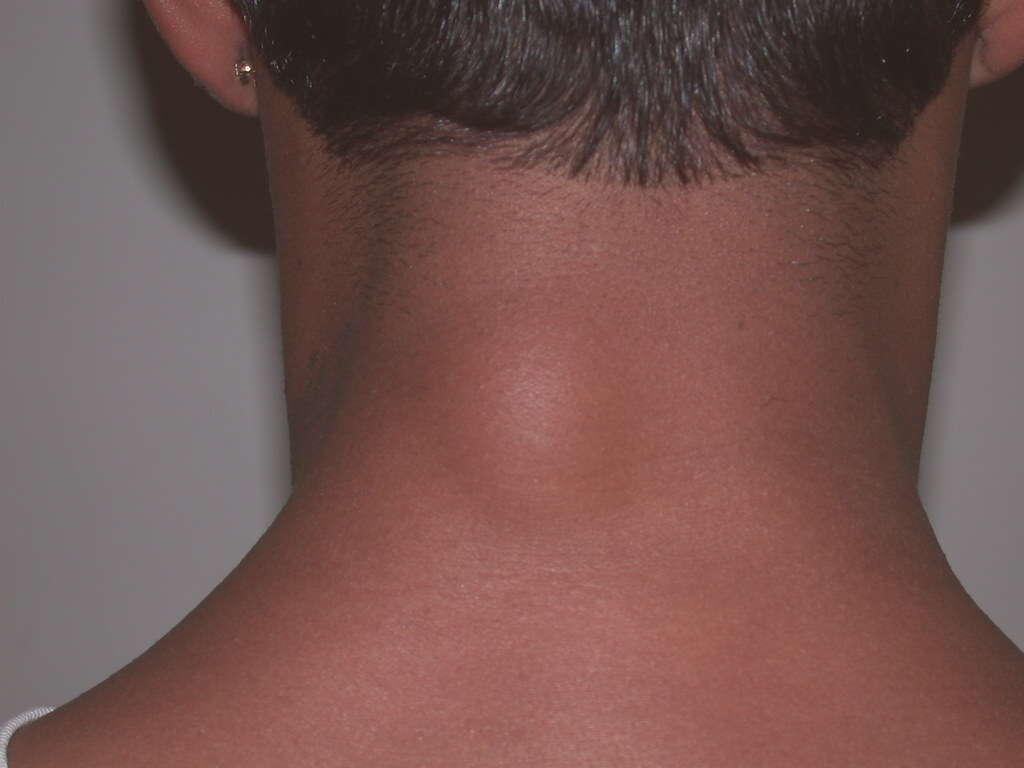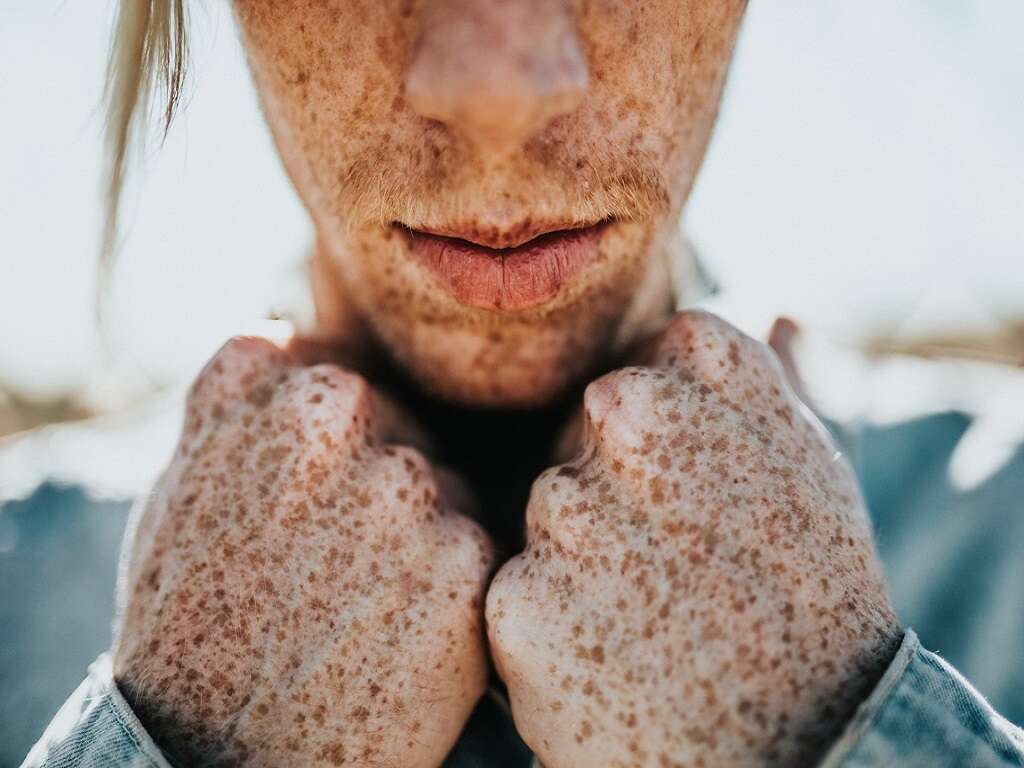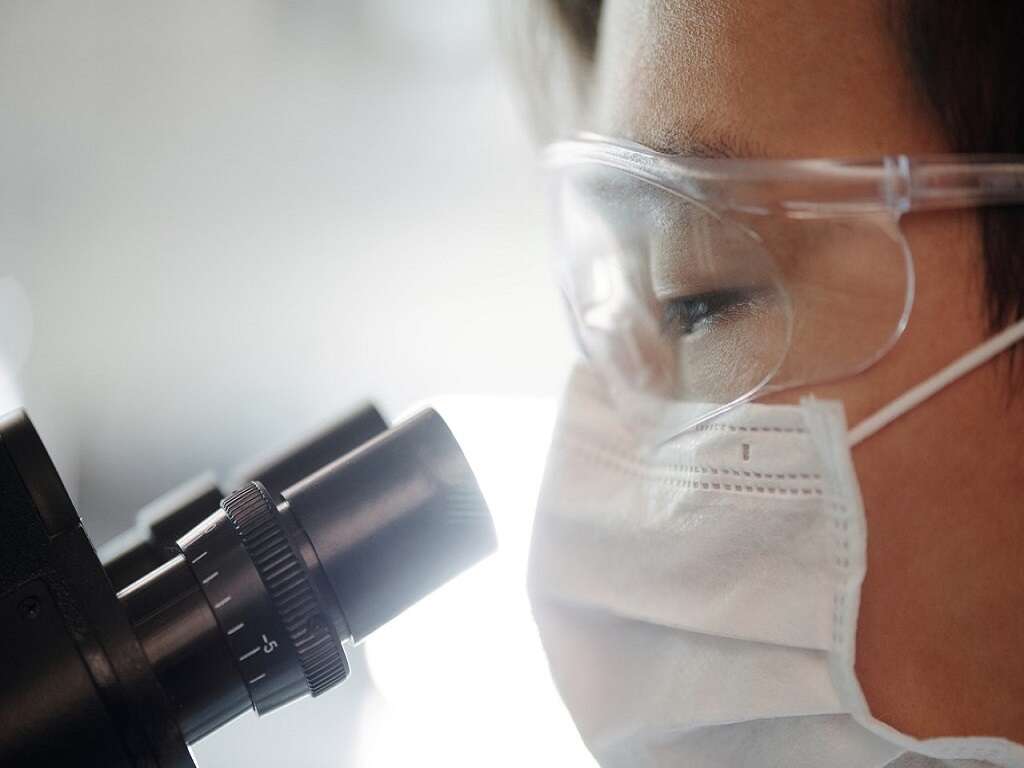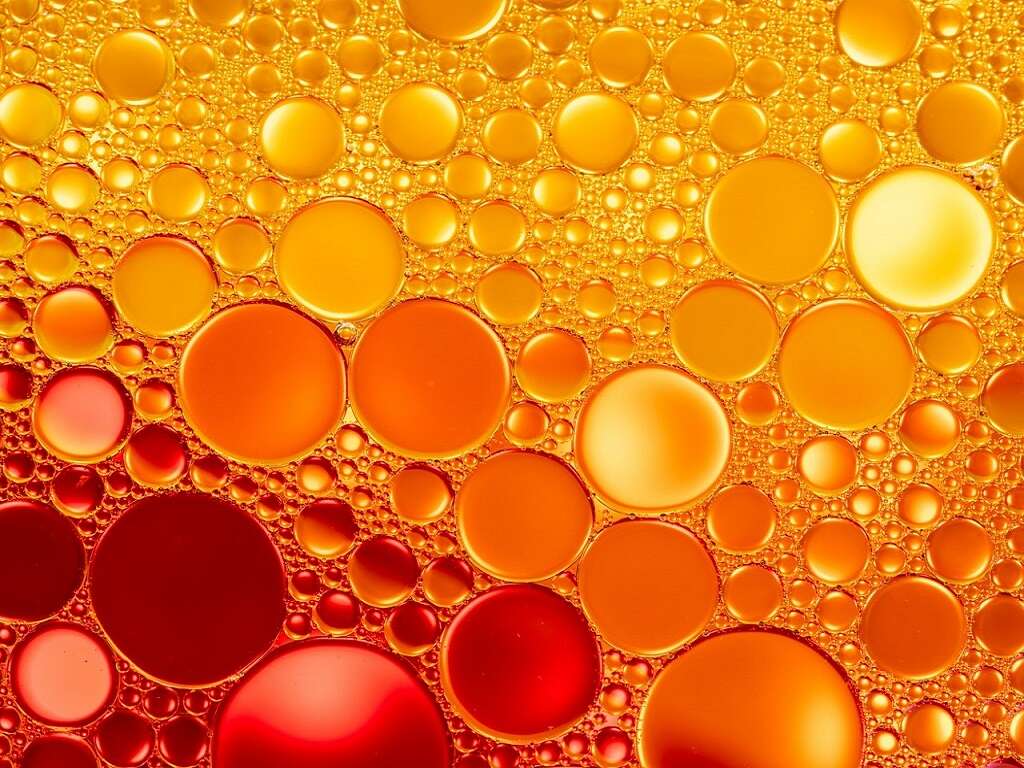10 Causes of Boils
Boils are an uncomfortable and sometimes painful condition that can affect almost anyone. Boils are a certain type of infection that begin in a hair follicle or an oil gland and often grow into a pus-filled bump. The first stage of a boil involves the infected area becoming red. Soon after this, a sore or tender lump will begin to develop on the gland. As dead skin and dirt collects in the boil, it will begin to form pus. This usually occurs after the boil has been present for a few days.
Boils are more likely to appear in some areas than others, most often in places where there is a lot of friction, heat, and sweat. These factors can make it easier for dirt or other things to enter the skin. Areas highly susceptible to boils are the face, the neck, the armpits, and the thighs. If you experience a number of boils developing in the same area, then you are probably experiencing a different type of infection known as a carbuncle. A carbuncle is often more serious and is more likely to require medical attention. If you are just struggling with regular boils, you are not necessarily going to need to see a medical doctor. Normal boils usually burst on their own and the infection will pass in due time. However, there are a few reasons that you might want to seek medical treatment for a boil.
If you have boils that have lasted a long time on your face, your nose, or your spine, you might want to seek medical help. If you also have a boil that continues to get larger and feels soft, you might need to seek medical treatment if it doesn’t pop by itself. If you experience boils in conjunction with a fever or malaise, you should also look for medical treatment. In this article, we’re going to discuss some of the most common causes of boils.
Cause #1: Infection
The majority of people who experience boils, or at least recurrent boils, have contracted a certain type of bacteria known as Staphylococcus aureus, or staph bacteria. Staph bacteria can cause boils in an acute situation, but if you experience boils that return time and again, chances are that you have staph bacteria residing in your skin.
If this is the case, a simple antiseptic soap is often enough to kill the bacteria contributing to the boils. If you are getting boils in or around your nose, however, you may need to seek medical help to get a medicated antiseptic cream.
Cause #2: Bad Hygiene
Another one of the reasons that people get boils is because of a buildup of dirt or oil in their skin. As these substances collect in hair follicles or oil follicles they can lead to blockages, which build up and eventually turn into a boil.
If your daily hygiene practices are poor, then it’s more likely that you’ll develop boils. It’s important to cleanse your skin of oil and dirt several times a week to ensure that your pores don’t get clogged.

Cause #3: Cuts and Scrapes
We’ve all known since our early days how important it is to disinfect ourselves after getting a cut or a scrape. One of the reasons for this is because while we have an open wound, our body is more susceptible to getting a bacterial infection.
This is true for the staph bacteria as well. If you don’t disinfect yourself after getting a cut or a scrape, no matter how small, it’s possible that the staph bacteria will be able to enter your skin and begin the process of producing boils.
Cause #4: Ingrown Hairs
An ingrown hair is a hair that has curled back on itself and begun to grow back into the skin itself. This presents a number of problems, one of which being the fact that dead skin can clog up the pore.
This is one of the things that can contribute to the development of a boil, especially if you are already carrying the staph virus. If you notice any ingrown hairs, it’s best to deal with them immediately.
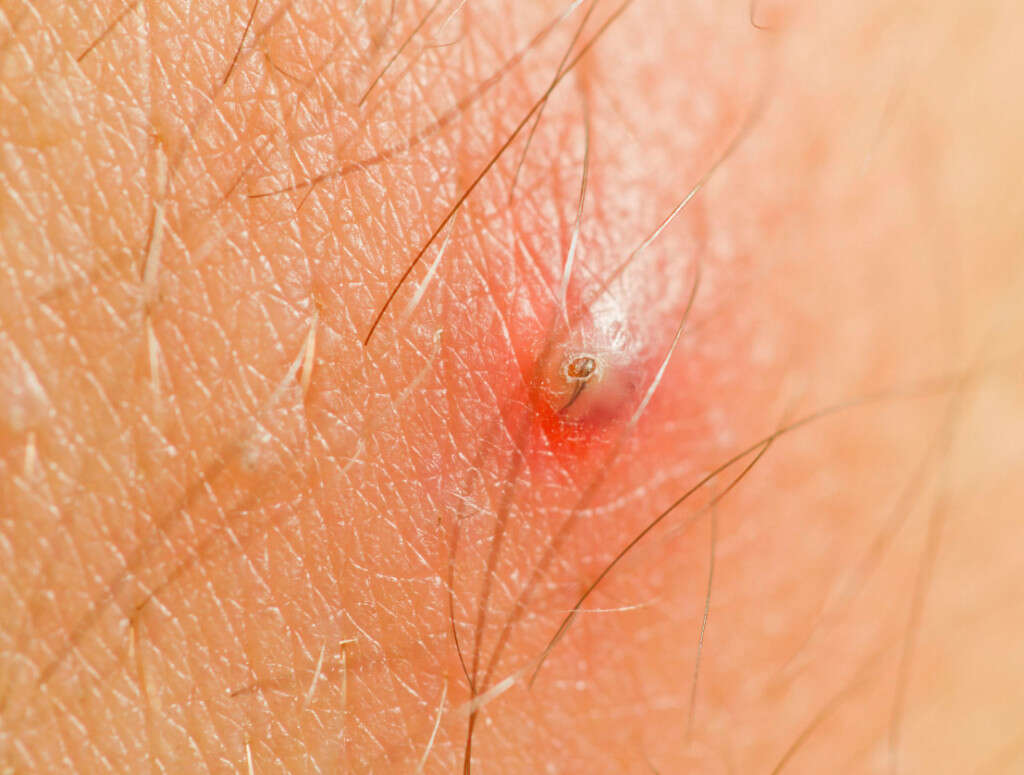
Cause #5: Insect Bites
If you are allergic to an insect or a bug that bites you, it’s possible that you may develop a boil as a result of the bug bite. Some people report that several hours after experiencing a bug bite, a blister or boil with pus will begin to develop in the area.
If the boil takes several hours to appear, then this is usually not an indication of a serious allergy. However, if you notice this in conjunction with other symptoms like having trouble breathing, seek help immediately.
Cause #6: Bad Diet
One of the most important things that a healthy diet will do is help to enhance your immune system. Your immune system is one of your body’s most powerful systems, and its main function is to help ward off bacteria, viruses, and other pathogens.
This means that if you have an unhealthy immune system, such as many people with bad diets experience, you are more likely to contract the staph bacteria.

Cause #7: Shaving
Some people may experience a number of boils or similar pus-filled abscesses after shaving. This can occur if a person has a lot of ingrown hairs that have not been attended to due to being covered with other hairs.
When shaving for the first time in a while, it’s possible that the staph bacteria may be able to get into the pores that are now accessible.
Cause #8: Contact with Other Boils
Unlike pimples and many other forms of small abscesses, boils can actually be transmitted from person to person, or from place to place on your body. This is because boils are actually caused by a certain type of bacteria, and these bacteria can be spread by contact.
If you come into contact with another person who has boils on their body, it’s important to practice good hygiene afterward to ensure that you don’t develop boils as well.
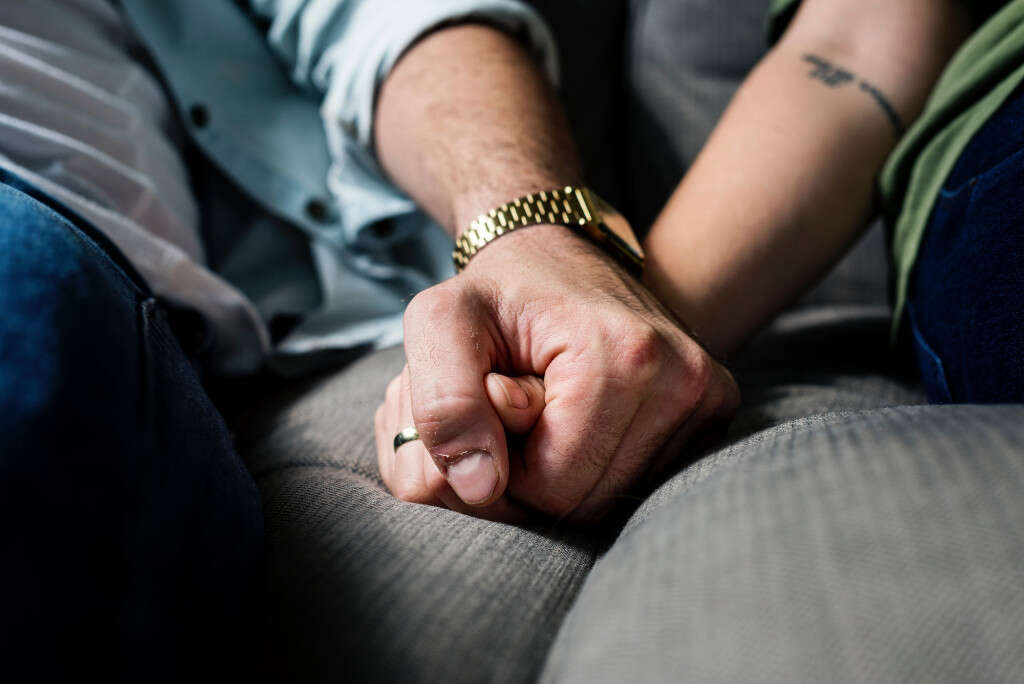
Cause #9: Diabetes
Diabetes is a condition that occurs when a person is not able to process sugars properly. Changes in the level of our blood sugar can make the body more susceptible to developing certain types of infection, such as the staph bacteria.
This means that while diabetes does not directly cause boils, it’s important to be cautious and hygienic to avoid them if you have diabetes.
Cause #10: Contact with Chemicals
Many people are sensitive to some of the harsh chemicals that are used in day-to-day life. These can include chemicals that one obviously wants to avoid getting on their skin, such as bleach or industrial solvents.
However, some people may develop boils after coming into contact with chemicals present in things like laundry detergent or cologne.



